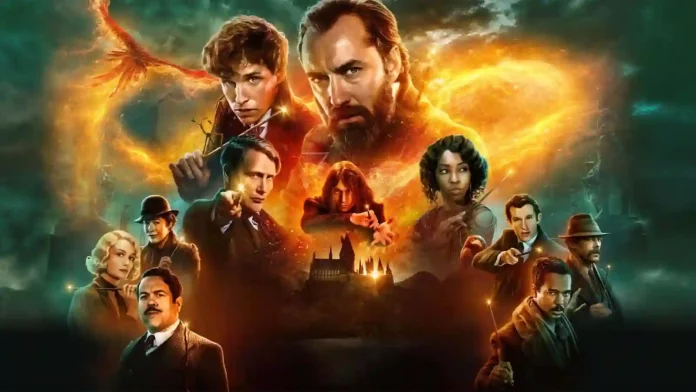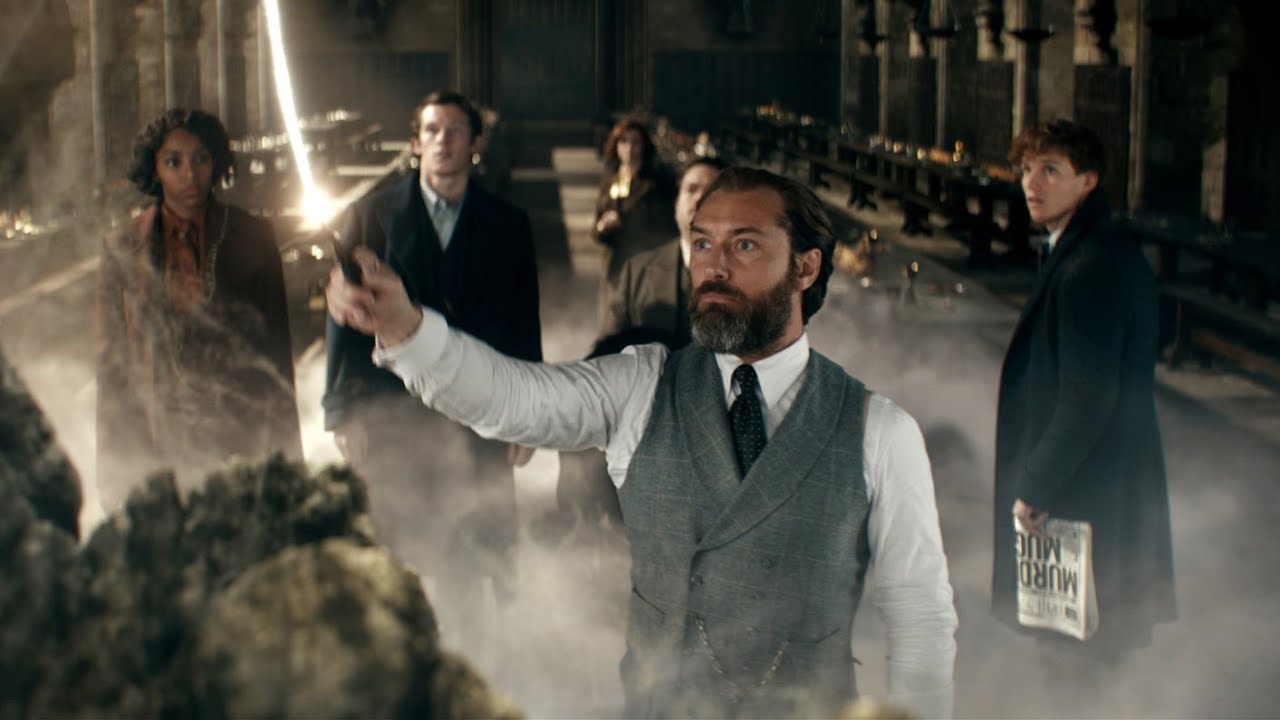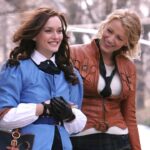When ‘Fantastic Beasts and Where to Find Them’ was announced, it seemed like an exciting opportunity to delve deeper into the wizarding world by J.K. Rowling. Set decades before Harry Potter, the film promised to explore new magical adventures, and new characters, and expand the lore of the wizarding world.
Despite the promise of its launch, the ‘Fantastic Beasts’ series sadly missed the mark in many ways, both critically and commercially. With every franchise that progressed, it was obvious that something was quite off. Here are seven reasons why ‘Fantastic Beasts’ ultimately failed to capture the magic that made Harry Potter such a beloved phenomenon.
1. A Disjointed And Confusing Plot
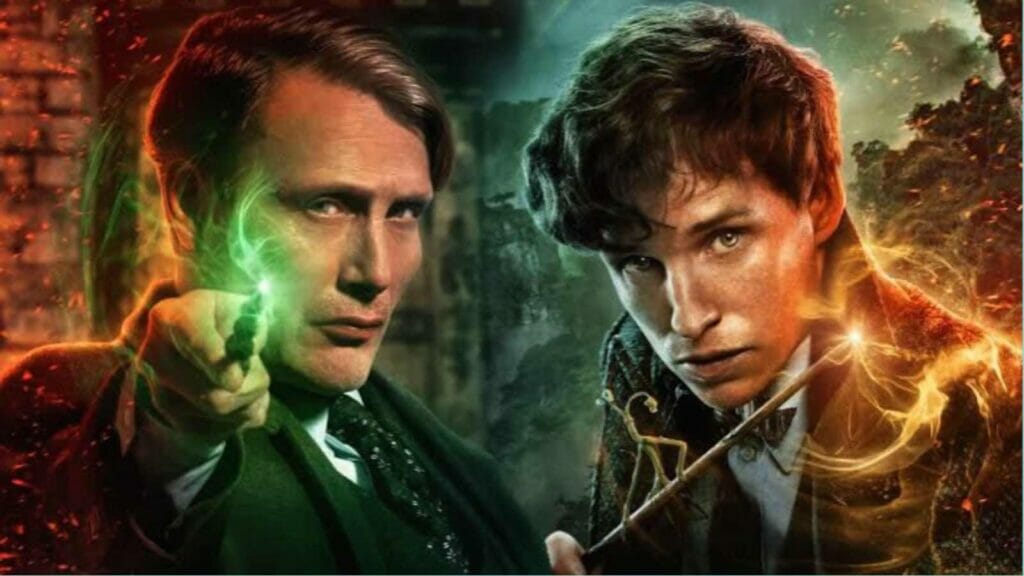
The other grave issue with Fantastic Beasts was that it could not conjure up a storyline. While Harry Potter, assembled over seven books, it was grounded in a decently conceived narration arc. Fantastic Beasts, on the other hand, just didn’t have any direction. The first film had attractive leads and an exciting location, but the subsequent films, Crimes of Grindelwald and Secrets of Dumbledore, became bogged down in muddled plots, time-hopping storylines, and too much world-building. Fans were left wondering, not sure what the actual plot was, and at times the movies were a little meandering and did not have that through-line that would hook people onto the overarching story.
Related: Will There Be ‘Fantastic Beasts’ 4?
2. The Absence Of A Strong Lead
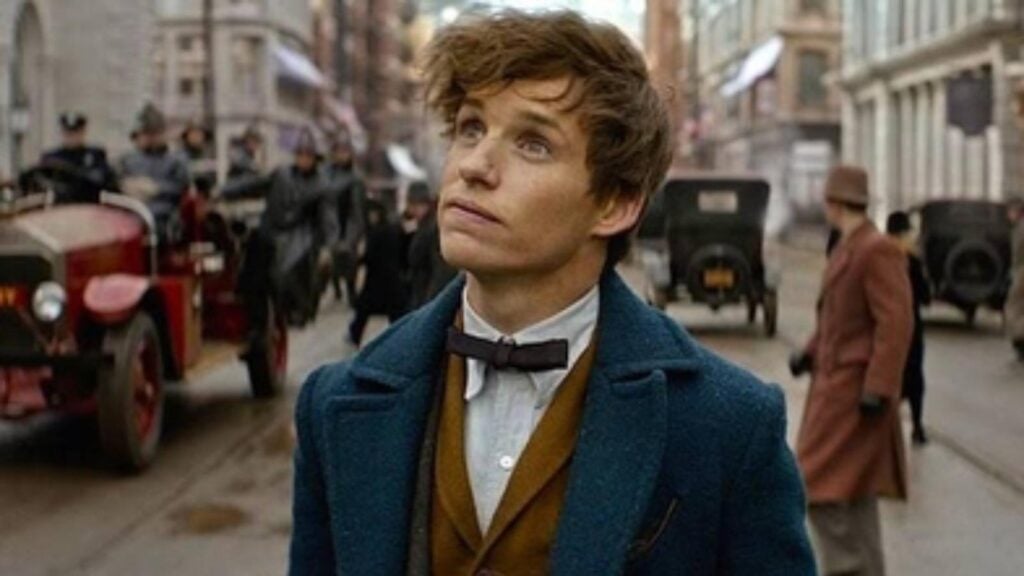
In ‘Harry Potter’, the character’s journey was the heart of the series. However, in Fantastic Beasts, Newt Scamander played by Eddie Redmayne was never a convincing central hero. The charms of Redmayne in Newt did not help in developing the character well and his storyline became less interesting as the movie progressed. The franchise failed in pushing the storyline because they focused so much on other, minor characters, which took away the focus from the hero.
3. Casting Controversies And Changing Directors
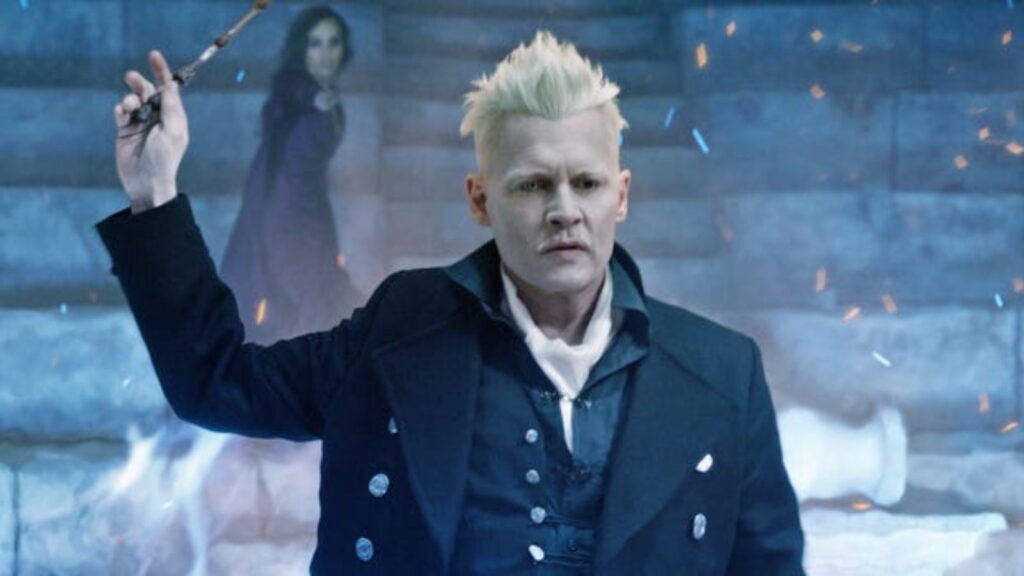
Casting controversies shrouded the Fantastic Beasts series, the most notorious probably being Johnny Depp’s casting as Gellert Grindelwald. The domestic abuse accusations against Depp made headlines during the filming of the franchise and led to his eventual replacement by Mads Mikkelsen in the third installment, but too much damage had already been done. The continuous changes, including director shifts (with David Yates continuing from Harry Potter but not with the same appeal), lead to inconsistency and lack of coherence in the films, driving them further away from fans’ hearts.
In case you missed it: Johnny Depp Takes A Jibe At Warner Bros. For Replacing Him In ‘Fantastic Beasts’
4. Failure To Recapture The Magic Of ‘Harry Potter’
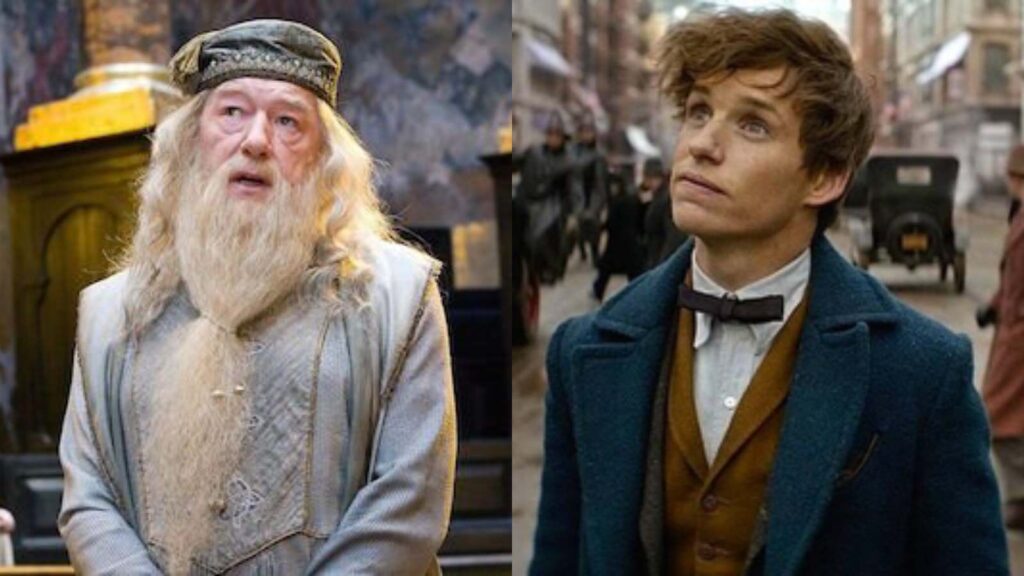
One of the main errors of Fantastic Beasts was its use of the ‘Harry Potter’ franchise without being able to capture the essence of what made the original so magical. The Harry Potter movies had a relatable coming-of-age story of a young wizard which added to the richness of the built world. Fantastic Beasts felt like a sprawling precursor that didn’t evoke the same magic of nostalgia. Harry Potter fans expected to be swept into another world of magic, only to find themselves met with an increasingly dense and disjointed storyline.Related: Why ‘Harry Potter’ Magic Still Casts A Spell Over The World
5. Underwhelming Villains And Plot Resolution
In ‘Harry Potter’, the iconic villain is Voldemort whose presence is constantly felt throughout the books; however, in Fantastic Beasts, the antagonist Grindelwald and subsequently a mysterious plot involving Dumbledore proved less successful. The motivations of Grindelwald were vague and incoherent. And his relationship with Dumbledore, the supposed epicenter of the series, had emotional depth but didn’t carry the same weight as the epic rivalry of Voldemort and Harry. The barometer that drove the conflict was lessened, and the movies did not have that dramatic pull to make them iconic like Harry Potter.
6. Lack Of Strong Female Characters
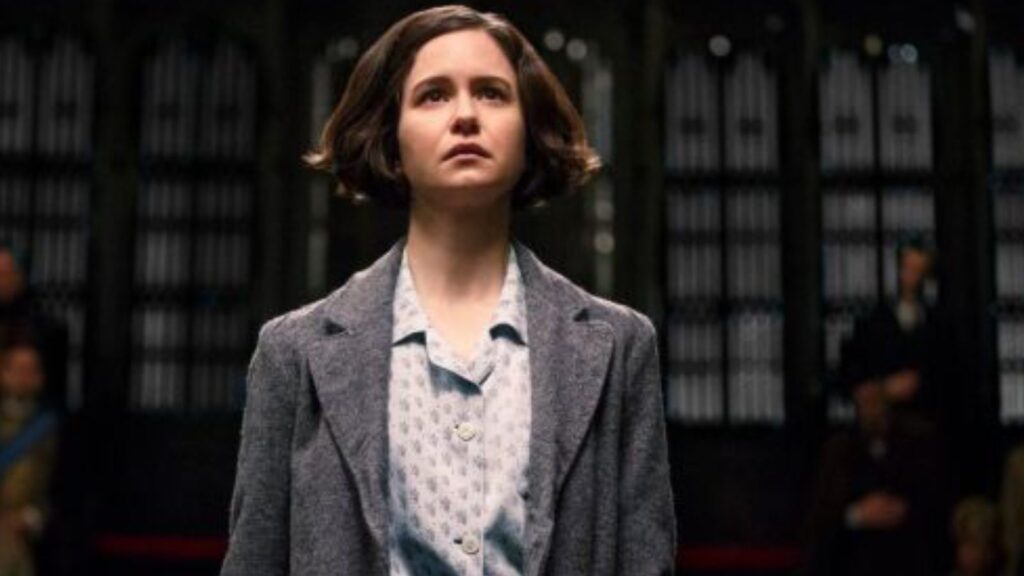
One of the major problems ‘Fantastic Beasts’ had was that it was unable to equal the broad and multi-layered female characters similar to those of ‘Harry Potter’; of which Hermione Granger was probably the greatest. Tina Goldstein and Queenie Goldstein stood at the bottom of underdeveloped characters almost on all facets, limited to playing nearly – if not entirely – the secondary or romantic part, creating the impression that these characters were only additions after the entire film had been thought over instead of being carefully planned important parts of the plot. This was not just an opportunity missed by the films but was rather a loss to fans who hoped the movies would bring more substance to the female characters of the wizarding world.
7. A Disconnection From Fans
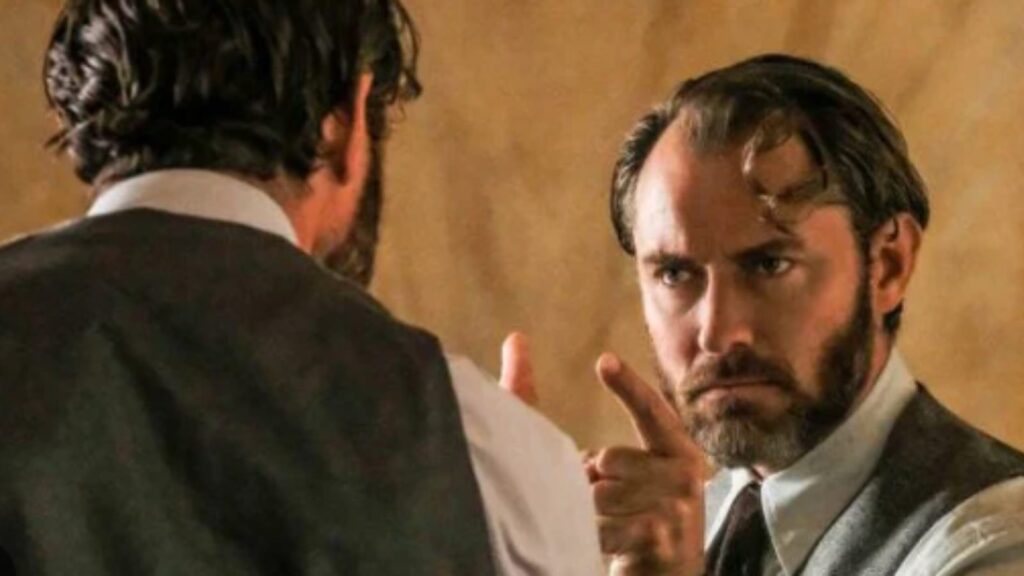
Fantastic Beasts faltered on its final count – failing to connect well with the fanbase. The series felt progressively out of touch with what made the Harry Potter series appealing to the masses. The whimsical comedy, and identifiable characters that made Harry Potter so enchanting to such a broad demographic were lacking in Fantastic Beasts. And then, of course, the movies were often criticized for trying to be too grown-up and serious, distracting themselves from the magic formula that made the first series so appealing to readers of every age. This resulted in a plot that failed to excite both old fans of Harry Potter and new entrants to this franchise.
Conclusion
Fantastic Beasts had all it took to elongate the magical world created in the Harry Potter series, but a series of mishaps-turning out to be weak plot patterns, paltry character development, and real-world controversy-was enough to bar Fantastic Beasts from meeting people’s expectations.
You might also like to read: Is ‘Harry Potter’ TV Series A Good Idea Or A Curse For J.K. Rowling’s Wizarding World Legacy?
While the films have bright spots, they never succeeded in capturing that magical essence of the very same movie that paved the way for the revered original trilogy. The fact is, considering the franchise is closing, it is clear Fantastic Beasts could not compare to the success of its predecessor, and its audience was left with mixed emotions about what would have been.

